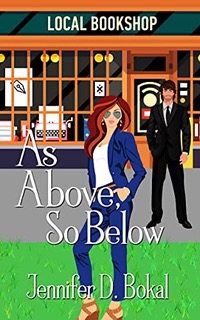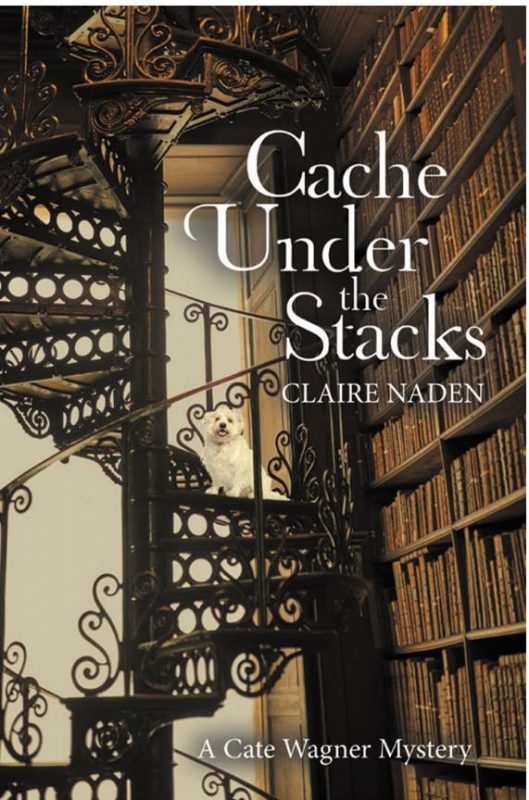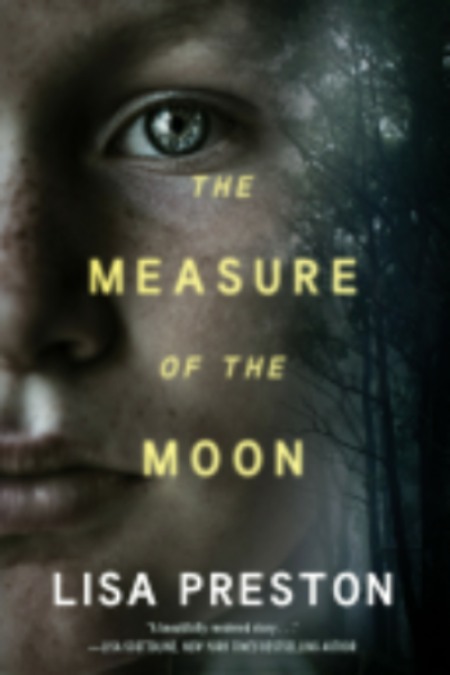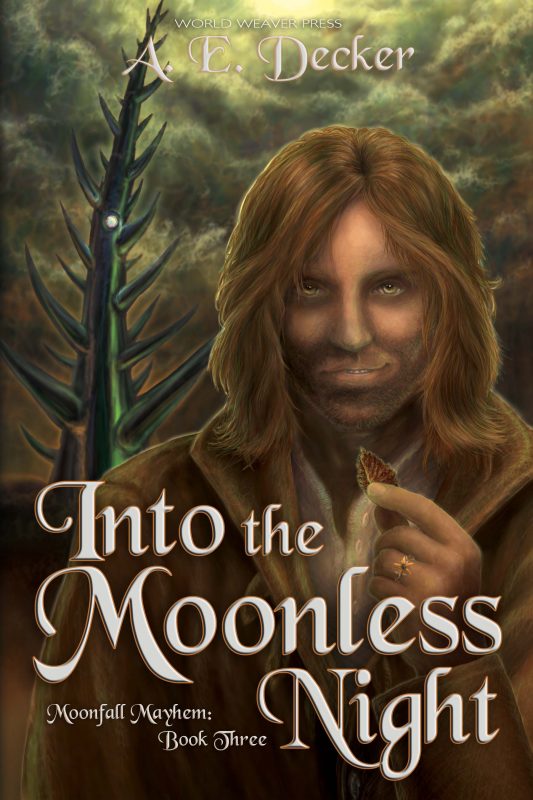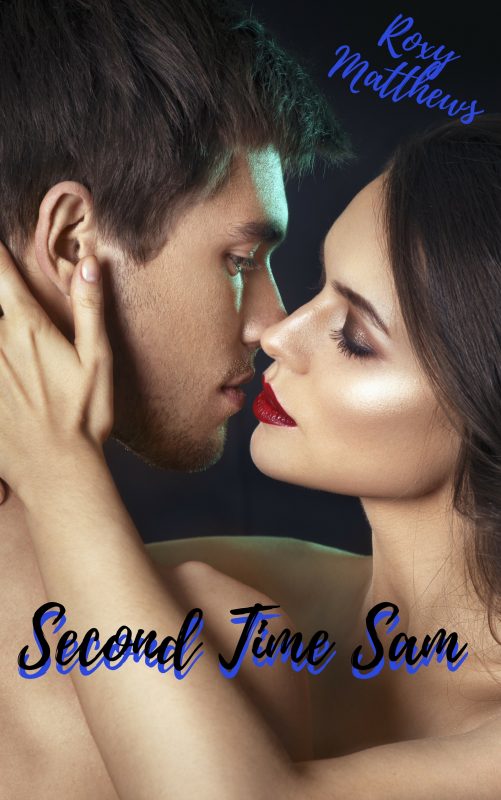Celebrating Veterans Day; Honoring the Veterans in my family
November 12, 2018 by Denise M. Colby in category The Writing Journey by Denise Colby, Writing tagged as Family, history, military, research, storiesCelebrating Veterans Day; Honoring the Veterans in My Family
By: Denise M. Colby
Since my post is set for the day we celebrate Veteran’s Day and I love history, I thought it would be fun to celebrate my family in the military and do a bit of research. I don’t have a long list of family members in the military, nor do I have a lot of stories passed down from generation to generation. What I do have are snippets and a few photos.

My great-great-great-grandfather was a Mounted Ranger and a First Dragoons
1832-34 Mounted Volunteers, Mounted Rangers, First Dragoons
I will start with my great-great-great-grandfather James Clyman, who I wrote about a few months ago. He wrote down information in his journal and it is here that I learned he enlisted as a private in a company of Mounted Volunteers on June 16, 1832. He was in the same company with Abraham Lincoln for a month (and together they fought in the Black Hawk War). He is quoted in James Clyman, Frontiersman (quoting a quote from another book by R.T. Montgomery, “Biographical Sketch of James Clyman”) of saying “We didn’t think much then about his ever being President.”

Military Inventory with James Clyman’s name on it. 1833-1834
He was then commissioned as a second lieutenant of Mounted Rangers, and later appointed as assistant commissary of subsistence for the company. It’s here that several of the receipts and inventory papers he signed are in the Huntington Library. I was able to go through these papers and take photos a couple of years ago, which was an amazing experience. And finally, I get to use them in something I’ve written.
Clyman transferred to the First Dragoons and nine months later sent in his resignation, which was accepted on May 31, 1834. He wanted to get back to his farm and business and, according to the Frontiersman, after he returned home, “he was besieged with accounts from the Commissary General of Subsistence at Washington, requesting the return of vouchers and abstracts of ration issues made during campaigns in the field, some of which were dated back to the time of his predecessor in 1832. Clyman stood charged on the books with over $400.” I’m interpreting this as basically the government sent bills to pay for the vouchers and ration issues made while he was in the field.
Unknown Stories Needing to be Found
I believe that my grandfather, Carroll W. Marsh, Sr. was in the military, but I don’t have any specifics on him. As I’m writing this, I realize I need to ask and find out something. We have lots of details on my grandmothers side of the family, but not my grandfathers.

My dad, Carroll W. Marsh, Jr.
1950 Army National Guard
Next on my list is my father, Carroll W. Marsh, Jr., who left the National Guard long before I was born, so I didn’t know him in that capacity. Nor, was his service really talked about. He didn’t fight in any wars that I’m aware of, nor did he have any big stories that were shared to me as a child. My dad passed away over twenty-one years ago and the information I have on my dad and his stint in the Army National Guard is actually very small. But, I decided to find out more.
It’s amazing to be able to research via Google. This large company photo has a title above it that says “Local Boys In Sonoma County’s National Guard Company”. One of the men holds a banner with 579HQ on it. I was able to search up the number. The 579th was an Engineering Battalion, based in Petaluma and still exists today. My dad turned 18 in 1950. I don’t know how many years he served, although I do know he was still in when my parents were married, which would’ve been beyond 1952.

My nephew, Jason
Present-day United States Navy
My nephew, Jason Burrows, just retired from the Navy earlier this year after twenty-four years of service. We are close in age, raised more like brother and sister. I’m quite proud of him. He’s been all over. Italy, Japan, Florida. On the Atlantic and the Pacific. The few times our families have gotten together, I have loved hearing his stories. The little things, that as nation we have no visibility to. The inside scoop. I remember staying on the U.S.S. Midway with my family for a scout event and finding how tiny the bunks were for even myself. I couldn’t imagine how they were for him for six months at a time given he’s 6’4”. He said when on ship he’d jog for exercise but would have to duck to clear the doorways. I loved every minute of my twenty hours on board, feeling closer and gaining an understanding of where he was and what he did.
I remember when my dad was sick and close to passing, email was new. Hard to believe now, but given my corporate job at the time, I was the only one in the family that could communicate with Jason and keep him updated so that he could be flown off the ship when the time came to come home.
I have lots more stories, but I had originally planned to keep this short, so I will save them for another time.

Another picture of my dad
As I’ve written this, I realize I have much more information than I thought I did about my family and their military history. I’m very thankful I have the ability write about it and an audience to share it with. Thank you for joining me in learning more about my family and its military roots.
I wish you and yours a Happy Veterans Day.
Veterans Day and Doughnut Dollies
November 11, 2018 by Jina Bacarr in category Jina’s Book Chat, Writing tagged as 100th anniversary, 99 cents, Armistice Day, Civil War, cookies, doughnut dollies, romance, time travel, vet, Veterans Day, Wolrd War 2, World War 1
I love this fabulous painting outside the Salvation Army Building in Tulare, CA re: the photographer © Karinoza – Dreamstime.com .
I was a doughnut dolly.
Back in the day, I served with the U.S. Army in Livorno, Italy. My job was to make coffee and play pool with the troops, set up entertainment and gourmet tours.
And make cookies. I whipped up hundreds and hundreds of cookies. Chocolate chip.
And doughnuts, too. I got help from the mess hall sergeant, a bespectacled guy from the Midwest who let me commandeer his big pots. Along with my Italian liaison, Maria, we’d cook up hot doughnuts and top them with powdered sugar we got from the PX, a sweet favorite with the boys.
Those were the days.

I’m proud of the time I spent with US Army Special Services — I made turkeys, fruitcakes, hot chocolate, and tons of cookies!
So on this Veterans Day I think about all the Doughnut Dollies who helped bring our servicemen and women a touch of home.
Especially on this 100th Anniversary of Armistice Day when the treaty was signed in a railcar in the French forest on the eleventh day of the eleventh month at the eleventh hour.
God bless all those who have served our country. Thank you.
Jina
PS — For fun, I put on my old uniform with U.S. Army Service Clubs patch. And yeah, I lost the hat years ago somewhere in Italy.
For this Veterans Day, my Civil War time travel romance is on sale for 99 cents!
She wore gray…he wore blue…but their love defied time
How many women soldiers fought in the Civil War?
And check out this audio/video excerpt from Chapter 1 of my WW 2 sweet romance.
Christmas 1943
American soldier and an Italian nun in war torn Italy dare to fall in love…
The captain thinks he’s found Shangri-La until he realizes there’s stolen art, Nazis and a whole lotta snow
Planted, Not Buried by Kitty Bucholtz
November 10, 2018 by Kitty Bucholtz in category It's Worth It by Kitty Bucholtz, Writing tagged as It's Worth It, Kitty Bucholtz, podcasts, video podcasts, Write Now Workshop, writing lifeYou probably know I’m the host of the WRITE NOW! Workshop Podcast where I interview authors, editors, and more about the writing life. I also do an Encouraging Words episode on the first Sunday of each month. (If you start listening from the beginning of the show, you’ll know I did three episodes a week for the first six months. Burnout caused me to rethink that and I went to one episode a week plus an Encouraging Words episode once a month.)
Last Sunday, I spoke about something I’ve heard before and heard again recently. Sometimes when it seems like we’re stuck, even buried under the weight and pressure of circumstances, if we look at things a little differently we might see ourselves as planted, not buried.
Here is the audio of that episode, and below is the YouTube version. I hope you find this thought to be an encouraging part of your day! 😀
Thanksgiving with Kat Martin and Pecan-Raisin Stuffing
November 8, 2018 by A Slice of Orange in category Spotlight tagged as Kat Martin, Pecan-raisin stuffing, Thanskgiving, Wait Until Dark
Thanksgiving with Kat Martin
&
Raisin-Pecan Stuffing
Since Thanksgiving is just around the corner, I thought it might be fun to talk about my second favorite holiday (after Christmas), Thanksgiving!
With its glorious red, yellow, and gold colors, Fall is my favorite season of the year. Then in November, on Thanksgiving day, we have a big family gathering. We cook a huge turkey stuffed with old-fashioned dressing and serve it with mashed potatoes, giblet gravy, candied yams, fresh vegetables, hot dinner rolls, and pumpkin or pecan pie for dessert (or both!).
We start in the morning and cook all day, then sit down to a table filled to overflowing with the goodies we have been blessed to prepare. We have kind of an open-door policy for friends and neighbors—anyone who, for whatever reason, hasn’t got a place to go that particular year. It always adds a fun element to the get-together.
Since I love this holiday, I thought I would share a favorite recipe a dear friend gave me. It’s been so long ago, making it every year has become a family tradition. The best part is that every year when I read Sally’s recipe card, see her handwriting in fading blue ink, I think of the friend I haven’t seen in years. Cooking her dish makes me appreciate her friendship all over again.
So here it is. I hope you like it as much as we do.
PECAN-RAISIN STUFFING
Cook turkey neck and giblets in pan of boiling water until done (about 1 1/2 hours).
1 can chicken broth
2 cubes butter
1 can sliced water chestnuts and juice
1 small can sliced mushrooms and juice
1 small can of olives (drained)
1 whole apple chopped (peeling off or on)
1 medium onion chopped
1/2 cup of pecans
3/4 cup of raisins
1 egg (optional)
1 box stuffing mix (cornbread or regular)
Peel cooked turkey meat off neck and set aside. Chop remaining cooked giblets and set aside. (Leave some for turkey gravy.) Pour can of chicken broth into large saucepan. Add sticks of butter. Bring to a low simmer. Add turkey. Add mushrooms and juice, water chestnuts, sliced olives, chopped onion, chopped apple, raisins, and pecans. Beat egg and add to mixture. Simmer until onion and apple are cooked.
In large missing bowl, place both packets of stuffing mix (I usually buy 2 boxes so I can add a little extra to achieve the right consistency) Pour chicken broth/giblet mixture over stuffing a little at a time, stirring as you go. Add thyme, sage, salt and pepper to taste.
When you are finished, stuff your turkey (stuff the old boy, my friend’s recipe card says), or grease 9 x 13 inch backing pan, load stuffing into pan, and bake for forty-five minutes at 350 degrees.
When you take it out, you will have a great, old-fashioned raisin-pecan stuffing for your table that I hope will become a family tradition.
And since it’s November, I hope you will watch for my new digital novella, WAIT UNTIL DARK, the prequel to my upcoming Maximum Security series that starts with THE CONSPIRACY, out January 22nd.
Till then, happy Thanksgiving! Kat.

Photo by Juan Carlo, Ventura Country Star
New York Times bestselling author Kat Martin is a graduate of the University of California at Santa Barbara where she majored in Anthropology and also studied History. Currently residing in Missoula, Montana with her Western-author husband, L. J. Martin, Kat has written sixty-five Historical and Contemporary Romantic Suspense novels. More than sixteen million copies of her books are in print and she has been published in twenty foreign countries. Her last novel, BEYOND CONTROL, hit both big lists … NEW YORK TIMES BESTSELLER LIST as well as the USA TODAY BEST-SELLING BOOKS LIST. Kat is currently at work on her next Romantic Suspense.
Geralyn Corcillo Feature Author for November
November 7, 2018 by A Slice of Orange in category Apples & Oranges by Marianne H. Donley, Featured Author of the Month tagged as Geralyn Corcillo, November Featured Author, romantic comedy
Geralyn Corcillo Featured Author
When she was a kid in Scranton, Pennsylvania, Geralyn Vivian Ruane Corcillo dreamed of one day becoming the superhero Dyna Girl. So, she did her best and grew up to constantly pick up litter and rescue animals. At home, she loves watching B&W movies, British mysteries, and the NY Giants. Corcillo lives in a drafty old house in Hollywood with her husband Ron, a guy who’s even cooler than Kip Dynamite.
Geralyn is not only an author of romantic comedy and women’s fiction novels, novellas, and short stories, she is also an avid and eclectic reader. You can read her book reviews here on A Slice of Orange, in her monthly column Things That Make Me Go Mmmrrh . She loves to connect with readers on Facebook and Twitter—drop her a line or leave a comment here.
Catch a Falling Star is Corcillo’s only romantic comedy to feature an alpha hero (she tends to write beta heroes.)
When TV star Wendy Hunter is about to have her most closely guarded secret viciously exposed by the paparazzi, she desperately tosses out a juicy bone to distract them: she announces her engagement to southern high school football coach Colin Scott. One problem. She’s not really engaged to him. In fact, she barely knows him. Um … barely. But will one unforgettable night last year be enough to get him to go along with her charade? To Wendy’s surprise, Colin agrees … as long as she plays by his rules.
Keep scrolling to read an excerpt …
From Catch a Falling Star
“But what about a ring?” Becks Astie called. “You’re engaged, but I notice there’s no ring. Where’s the ring?”
Wendy kept her smile bright even as the reporters started murmuring their excitement about The Ring. She laughed as sweetly as wind chimes on the breeze as she leaned into Colin. But what was she going to say?
“It’s simple,” Colin announced, kissing her on the head. “I’m—”
“He’s going to make me one!” And Wendy gave a little hop of glee. “Isn’t it too exciting?”
“Make you one,” one of the reporters echoed. “You mean, like, out of scrap metal? Or wood?”
Wendy managed to turn her hysterical giggle into another trill of laughter. “No, I mean he’s going to design it himself. Nobody knows this, but … Colin loves to design jewelry. It’s how he relaxes.”
Wendy braced herself for a pinch or a poke from Colin, but he just pulled her closer. “It’s true,” he said, smiling like a goofball as he squeezed her shoulders. “But Wendy is so into Hello Kitty that it’s a challenge getting the whiskers just right. And I still haven’t decided on the best stones for the bow.”
The front sidewalk erupted with queries.
“Really, Wendy?”
“You’re going to have a Hello Kitty engagement ring?”
“Coach, can you post your designs online?”
“Has Wendy worn your jewelry designs before, Coach?”
Wendy turned to Colin and looked at him with a cutesy-fake-mad face. “Colin …”
Affiliate Links
A Slice of Orange is an affiliate with some of the booksellers listed on this website, including Barnes & Nobel, Books A Million, iBooks, Kobo, and Smashwords. This means A Slice of Orange may earn a small advertising fee from sales made through the links used on this website. There are reminders of these affiliate links on the pages for individual books.
Search A Slice of Orange
Find a Column
Archives
Featured Books
CACHE UNDER THE STACKS
Bungalow Books comes with more than Cate Wagner bargained for.
More info →THE MEASURE OF THE MOON
“If you ever say anything to anyone, they all die.”
More info →INTO THE MOONLESS NIGHT
Catch Starthorne has spent a lifetime running from the prophecy that names him as the one who will save the shifter race, but now that he has returned to his home in Clawcrags, he may have to face his destiny.
More info →
Newsletter
Contributing Authors
Search A Slice of Orange
Find a Column
Archives
Authors in the Bookstore
- A. E. Decker
- A. J. Scudiere
- A.J. Sidransky
- A.M. Roark
- Abby Collette
- Alanna Lucus
- Albert Marrin
- Alice Duncan
- Alina K. Field
- Alison Green Myers
- Andi Lawrencovna
- Andrew C Raiford
- Angela Pryce
- Aviva Vaughn
- Barbara Ankrum
- Bethlehem Writers Group, LLC
- Carol L. Wright
- Celeste Barclay
- Christina Alexandra
- Christopher D. Ochs
- Claire Davon
- Claire Naden
- Courtnee Turner Hoyle
- Courtney Annicchiarico
- D. Lieber
- Daniel V. Meier Jr.
- Debra Dixon
- Debra H. Goldstein
- Debra Holland
- Dee Ann Palmer
- Denise M. Colby
- Diane Benefiel
- Diane Sismour
- Dianna Sinovic
- DT Krippene
- E.B. Dawson
- Emilie Dallaire
- Emily Brightwell
- Emily PW Murphy
- Fae Rowen
- Faith L. Justice
- Frances Amati
- Geralyn Corcillo
- Glynnis Campbell
- Greg Jolley
- H. O. Charles
- Jaclyn Roché
- Jacqueline Diamond
- Janet Lynn and Will Zeilinger
- Jaya Mehta
- Jeannine Atkins
- Jeff Baird
- Jenna Barwin
- Jenne Kern
- Jennifer D. Bokal
- Jennifer Lyon
- Jerome W. McFadden
- Jill Piscitello
- Jina Bacarr
- Jo A. Hiestand
- Jodi Bogert
- Jolina Petersheim
- Jonathan Maberry
- Joy Allyson
- Judy Duarte
- Justin Murphy
- Justine Davis
- Kat Martin
- Kidd Wadsworth
- Kitty Bucholtz
- Kristy Tate
- Larry Deibert
- Larry Hamilton
- Laura Drake
- Laurie Stevens
- Leslie Knowles
- Li-Ying Lundquist
- Linda Carroll-Bradd
- Linda Lappin
- Linda McLaughlin
- Linda O. Johnston
- Lisa Preston
- Lolo Paige
- Loran Holt
- Lynette M. Burrows
- Lyssa Kay Adams
- Madeline Ash
- Margarita Engle
- Marguerite Quantaine
- Marianne H. Donley
- Mary Castillo
- Maureen Klovers
- Megan Haskell
- Melanie Waterbury
- Melisa Rivero
- Melissa Chambers
- Melodie Winawer
- Meriam Wilhelm
- Mikel J. Wilson
- Mindy Neff
- Monica McCabe
- Nancy Brashear
- Neetu Malik
- Nikki Prince
- Once Upon Anthologies
- Paula Gail Benson
- Penny Reid
- Peter J Barbour
- Priscilla Oliveras
- R. H. Kohno
- Rachel Hailey
- Ralph Hieb
- Ramcy Diek
- Ransom Stephens
- Rebecca Forster
- Renae Wrich
- Roxy Matthews
- Ryder Hunte Clancy
- Sally Paradysz
- Sheila Colón-Bagley
- Simone de Muñoz
- Sophie Barnes
- Susan Kaye Quinn
- Susan Lynn Meyer
- Susan Squires
- T. D. Fox
- Tara C. Allred
- Tara Lain
- Tari Lynn Jewett
- Terri Osburn
- Tracy Reed
- Vera Jane Cook
- Vicki Crum
- Writing Something Romantic
Affiliate Links
A Slice of Orange is an affiliate with some of the booksellers listed on this website, including Barnes & Nobel, Books A Million, iBooks, Kobo, and Smashwords. This means A Slice of Orange may earn a small advertising fee from sales made through the links used on this website. There are reminders of these affiliate links on the pages for individual books.











